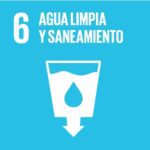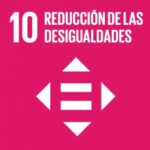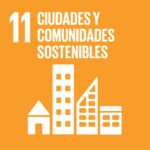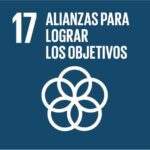Sanitary Module in Argentina
The families that received their Sanitary Module have emergency housing built by TECHO Argentina. They did not have a bathroom integrated into the home (this implies a lack of personal hygiene and self-care habits and a high risk of disease); they use a part of the house as a kitchen (this implies a risk of fire and dirt).
RESPONSIBLE NGO
Horizonte de Maxima Foundation
TYPE OF SOLUTION
| PLACE OF EXECUTION
Municipalities of Florencio Varela, Moreno, José C. Paz and Pilar; Province of Buenos Aires, Argentina
|
BENEFICIED FAMILIES 60 |
| CONTINENT America |
BENEFICIARIES 248 |
| RESPONSIBLE NGO
Horizonte de Maxima Foundation
|
PROGRESS 100% |
| YEAR OF EXECUTION
2020
|
EXECUTION TIME … |
Costs
- SELAVIP's contribution
$30.300 USD - Other contributions
$43.800 USD - TOTAL COST PROJECT
$74.100 USD - UNIT COST PER FAMILY
$1.235 USD
The project achievement to build Sanitary Modules for 60 families, impacting a total of 248 people.
The families that received their Sanitary Module have emergency housing built by TECHO Argentina. They did not have a bathroom integrated into the home (this implies a lack of personal hygiene and self-care habits and a high risk of disease); they use a part of the house as a kitchen (this implies a risk of fire and dirt).
The families participated in the entire process of the project: censuses, monetary contribution and construction of a pit, the unloading of materials (which is carried out with community help and where they must get family and friends to help) and finally the completion of the constructions, which are the instances where the work done is reflected and where the whole family must participate and add friends from the neighborhood to help with the work.
The construction of the sanitary module, attached to the existing house, reorganizes the living spaces. By adding 2 specific rooms to the house, families redistribute the spaces and their use. This helps provide privacy spaces, reduce overcrowding, promiscuity and improve general cleanliness, personal hygiene and as a final consequence, the health of people.
The structure of the sanitary module is made of wood and is mounted on piles. The roof includes glass wool (insulation) and coating. The interior is divided into a space for the bathroom and another for the kitchen, and includes the following components:
- Installation of hot and cold water in both spaces
- Sewerage with the corresponding siphons
- Ceramic toilet
- Electric heater
- Shower and shower enclosure
- Lavatory
- Kitchen sink
- Electrical installation with thermal, circuit breaker and copper rod
In flooded areas, the installation of a biodigester is included that allows the treatment of the sewage discharge without being affected by the raising of the groundwater.
Argentina
-
Capital
Buenos Aires
-
Continent
America
-
Population
47.327.407 (2022)
-
Languages
Spanish
-
Currency
Argentine Peso
-
Government system
Presidential Federal Republic
-
Borders
Chile, Brazil, Uruguay, Paraguay and Bolivia
-
Area
2.780.400 km2
-
Percentage of people living in urban areas
92%
-
Yearly inflation
50,9 % (2021)
-
Unemployment rate
7 % (2021)
-
GDP Per Capita
$10,448 USD (2022)
-
Approx. Monthly Minimum Salary
348$ UDS (2021)
-
HDI (Human Development Index)
0.842 (2021)
-
% of Population living under The Poverty Line
37.3% (2021)









